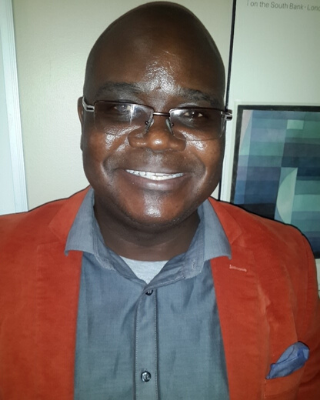UNIZULU to hosts its first Anthropology and Development Studies Conference

The Department of Anthropology & Development Studies at the University of Zululand in the Faculty of Humanities and Social Sciences will be hosting its first ever conference. The conference is taking place on the 25th to the 26th of August 2022.
This two-day international conference is based on the theme: Doing Anthropology and Development Studies in Troubled Times: Putting People First. The conference is taking place during the third year of the outbreak of COVID 19 pandemic and during the first year of managing another global pandemic called Monkeypox. In addressing these global challenges, the speakers and contributors are expected to draw from anthropological, socio-cultural, socio-economic, archaeological and heritage lived experiences based on many years of conducting ethnographic studies. Contributors are expected to draw comparison of lived experiences with development economic analysis of gender, local economic development, global development, trade negotiations, NGO and Civil Society interventions, climate change, water governance, land reforms and other development agendas. The comparative analysis of Anthropology and Development Studies is informed by drawing from the body of knowledge of other social science and humanities disciplines, in an interdisciplinary and multidisciplinary approach.
Given the new strategic direction that the University of Zululand is embarking upon, where the institution is positioned as a “Node for African Thought”, the conference is anticipated to learn from the Afro-centric perspectives of development, Afro-sensed indigenous knowledge systems, culture and identity and African perspectives of social transformation, environmental and ecological justice, social justice, and economic development.
According to Dr Siphiwe Nojiyeza, the head of the Department of Anthropology and the organiser of the conference, “The response from South African, African, and internationally based academics has been overwhelming, encouraging and this is truly a global conference, which is drawing participants from South Africa, Kenya, UK, Germany, Spain, Finland, Malawi, India, Norway, Argentina, Costa Rico, and other Latin American countries. “ Explained Dr Nojiyeza.
During the conference, six experts will cover their share their different topics.
The following are the keynote speakers that already confirmed their participation in the conference.
- Professor Paul Dewick is the Professor of Sustainability and Innovation at Keele University’s Keele Business School, United Kingdom.
- Professor Abel Mafukata, the Chair of the Development Studies at UNISA, South Africa
- Professor Roser Manzarena Ruiz, is the Professor of Sociology at the Department of Sociology and the Institute of Women Studies at University of Granada, Spain
- Dr Kenneth Onsate Nyangena, is the chairperson at Department of Public Affairs and Environmental Studies, Laikipia University in Kenya
- Dr Felix Kwabena Donkor, an environmental sustainability scientist specialising in Agriculture and Food Security Studies at UNISA, South Africa
- Professor Eva Holmburg, a professor of History and Archaeology at Haaga-helia University of Applied Sciences, Finland
Reflecting on the aim of this conference, Dr Nojiyeza said, “The conference is aimed at the presentation of research results, work in progress and showcasing scholarly work produced by anthropologists and development economists from across the globe.”
The Dean of the Faculty Prof M Masoga wished the attendees successful deliberations for the conference. “I am excited that the Department of Anthropology managed to organise this important conference. What makes my heart melt is the fact that debates and discussions on humanities and social sciences are now taken to a higher level. This becomes necessary to remind all those humanities and social sciences are critical and should be given their rightful space. I wish that all deliberations and presentations for this planned conference can have impact on our communities and that real change will become visible. We are looking forward to the discussions and I hope that the knowledge shared here will be filtered down to the most remote areas in our province,” he concluded.
- Precious Shamase














Leave a Reply